Optimal Timing for Foundation Repairs
Foundation repairs are most effective when performed during specific weather conditions and seasonal periods. Optimal timing depends on factors such as soil type, climate, and moisture levels. Conducting repairs during dry periods minimizes soil movement, reducing the risk of further shifting or damage.
Spring offers moderate temperatures and manageable moisture levels, making it suitable for foundation work. However, heavy rains can sometimes delay projects.
Dry summer months typically provide stable conditions for foundation repairs, especially in regions with seasonal rainfall patterns.
Early fall can be ideal due to cooler temperatures and less moisture in the soil. Late fall may pose challenges due to increased rainfall and freezing temperatures.
Cold temperatures and frozen ground generally restrict foundation repair work. Repairs are best postponed until warmer weather.
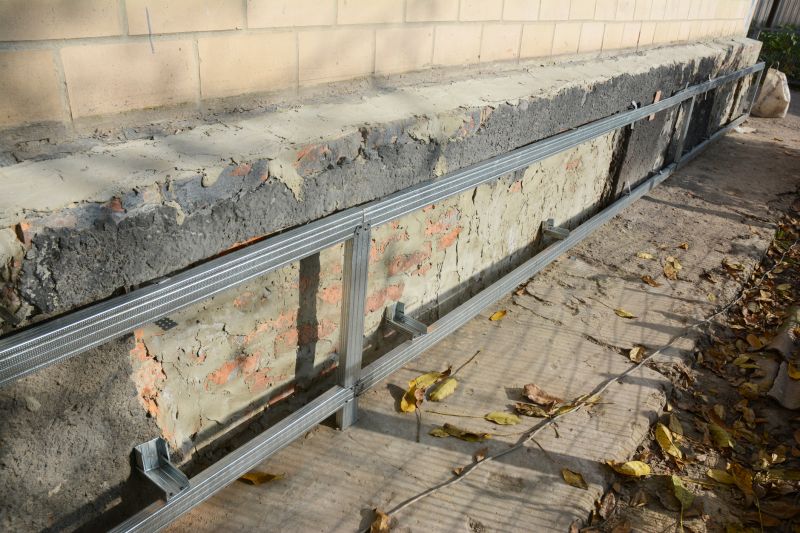
Springtime soil stabilization reduces movement during repairs.
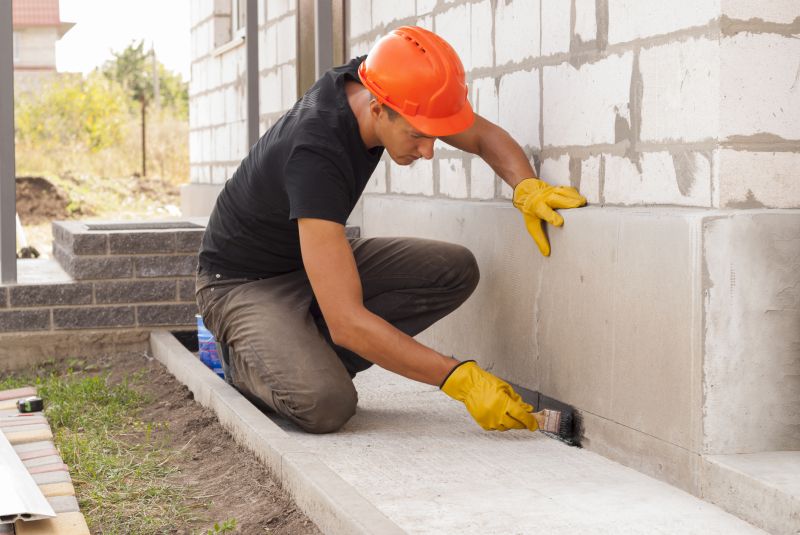
Dry conditions improve repair quality and safety.
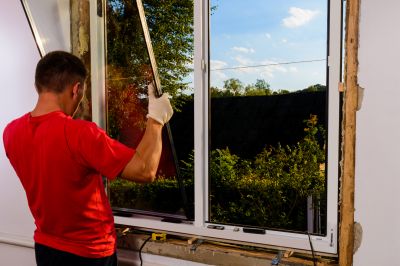
Cooler weather minimizes soil shifting.
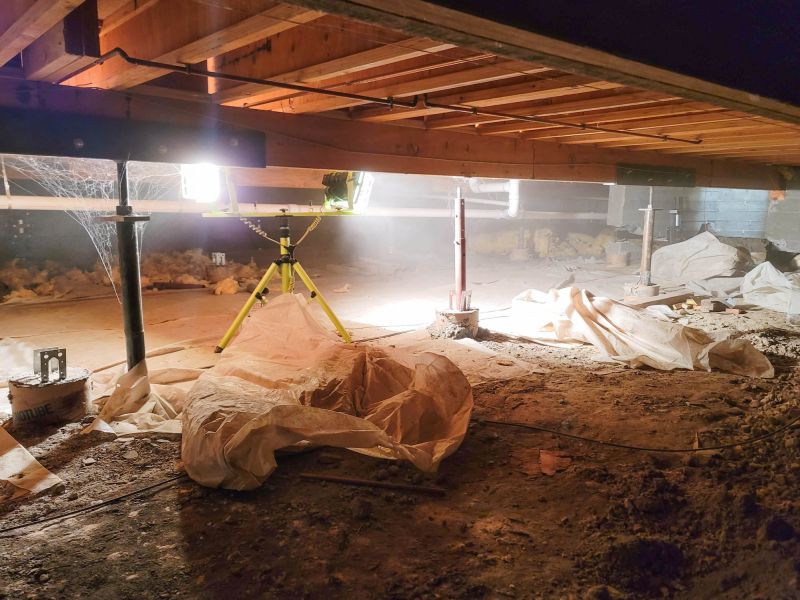
Ways to make Foundation Repairs work in tight or awkward layouts.
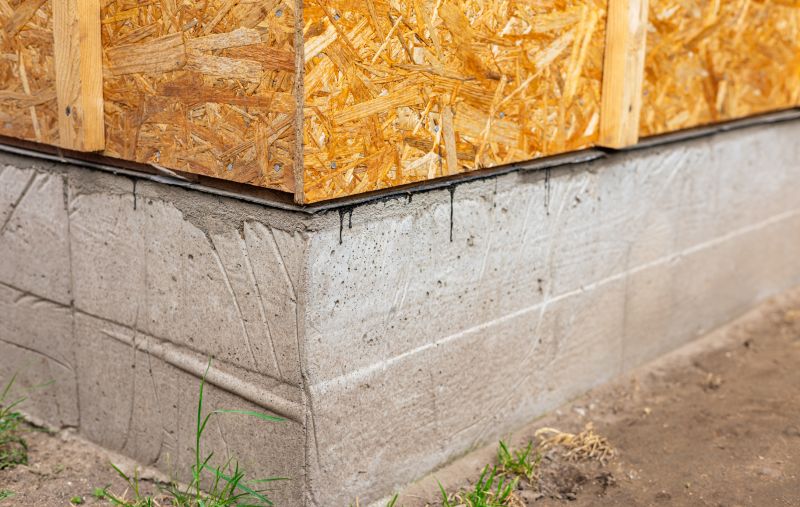
Popular materials for Foundation Repairs and why they hold up over time.
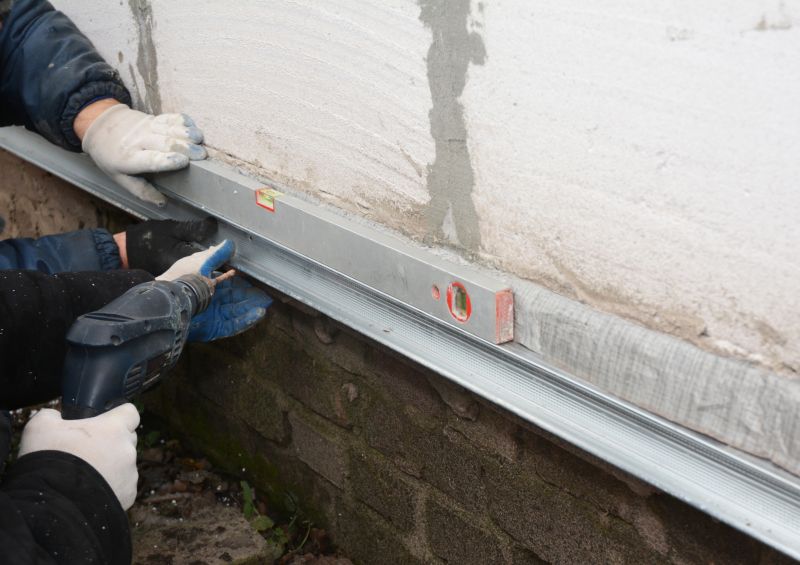
Simple add-ons that improve Foundation Repairs without blowing the budget.
| Season | Ideal Conditions |
|---|---|
| Spring | Moderate moisture, manageable rainfall |
| Summer | Dry weather, stable soil conditions |
| Fall | Cool temperatures, less soil movement |
| Winter | Frozen ground, unsuitable for repairs |
Foundation repairs address structural issues caused by soil movement, settlement, or shifting. Proper timing ensures that repairs are durable and minimize disruption. Seasonal factors like soil moisture content significantly influence the success of repair methods, making timing an essential consideration for effective foundation stabilization.


